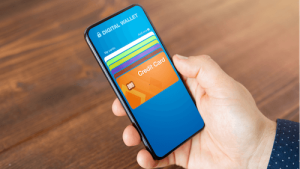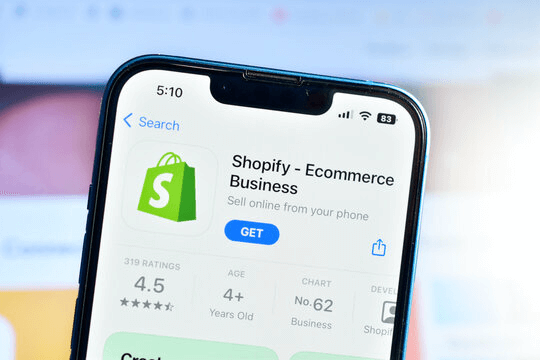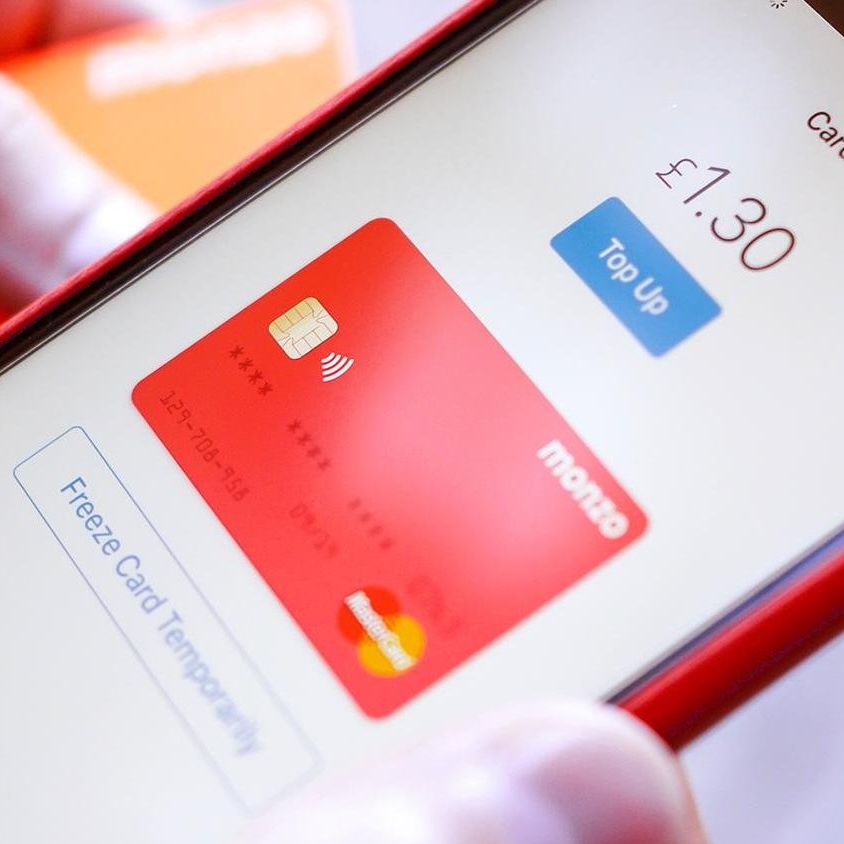
Published: 02/04/24
On this page:
▸ Understanding modern spending habits
▸ The benefits of digital wallets
▸ Digital wallets versus traditional banking
▸ Integrating digital wallets with Getsby
We live in a world that seems like it’s constantly changing, and that includes spending habits. The days of carrying cash around are gradually fading as digital wallets continue to grow in popularity.
These innovative solutions offer seamless connectivity and enable consumers to protect their money in a digital account rather than risk the losses that often come with physical wallets.
In this guide, we’ll explore the role of digital wallets and how they align with modern spending habits.
Understanding modern spending habits
An always-on society means our spending habits have changed significantly in the past few years. The days of hitting the high street are quickly being replaced by online shopping, and fewer people use ATMs today, as contactless payments offer more convenience.
Let’s explore some modern spending behaviours:
- E-Commerce: Consumers no longer need to plan large shopping sprees because it’s now easy to shop online from their homes—no more queues or walking around with cash – just convenience.
- Quick Payments: Digital wallets and contactless payments enable people to make transactions easily. Of course, this can also mean it’s easier to overspend.
- Ethics: An article by Mastercard highlights how people are becoming more conscious of how their spending habits impact the environment.
- Subscriptions: Whether it’s meal kits, Netflix or anything else, subscriptions are one of the most popular ways to access entertainment and services. The average household now spends £41 monthly on subscriptions (NTN).
What are digital wallets?
Digital wallets are a broad term that covers a range of payment solutions. According to Computer Weekly, over 35% of online transactions were made with digital wallets in 2022, with an overall worth of £259 billion.
The future also looks promising for digital wallets, with Research and Markets estimating a 16.82% annual compound growth rate between 2023 and 2028.
The types of digital wallets include:
- Mobile Wallets: Apple Pay and Google Pay are popular digital wallets. Users can store information and authorise transactions with their smartphones.
- Online Wallets: Also known as e-wallets, these solutions are a secure way to accept and make transactions. PayPal and Skrill are the most common digital wallets.
- Closed Wallets: Unlike open wallets, closed wallets only apply to specific retailers or chains. For example, Amazon Pay limits you to transactions on the app or website.
- Bank Wallets: Your bank might also issue a digital wallet, which works similarly to traditional accounts. The difference is that you can manage your information through the wallet instead of needing a physical card.
- Cryptocurrency Wallets: If you use cryptocurrency a lot, a digital wallet lets you manage BitCoin, Ethereum and Litecoin.
The benefits of digital wallets
When it comes to digital wallets versus traditional banking, there are – of course – conflicting opinions. While some people fear that digital wallets will expose them to security concerns. There’s always a risk of data breaches, but traditional banking also comes with risks.
Let’s explore the advantages of digital wallets and why they’re rapidly taking over traditional banking solutions.
Speedy transactions
 Trying to stuff a wallet into your back pocket or sorting through multiple cards can be time-consuming, but digital payment solutions enable faster transactions. With NFC (Near Field Communication), making contactless payments with your smartphone is easy.
Trying to stuff a wallet into your back pocket or sorting through multiple cards can be time-consuming, but digital payment solutions enable faster transactions. With NFC (Near Field Communication), making contactless payments with your smartphone is easy.
There’s no need to count out change or use a physical debit card, making them one of the more convenient solutions.
Security features
While digital wallets aren’t entirely immune to security threats, there are measures in place that protect your personal information. Typical security features associated with digital wallets include Mastercard 3D Secure 2.0, encryption and tokenization.
Biometric smartphone features also authorise your transactions. Traditional banking makes it far easier for criminals to access your personal information, and there’s always the risk of losing your card and cash.
Integration
Many digital wallets can also integrate with other platforms, giving you more payment flexibility. For example, connecting your wallet to take-away services, ride-sharing apps, and other platforms ensures speedy transactions.
Instead of manually entering your card details or drawing money out, it’s much easier to make payments on the go.
Digital wallets versus traditional banking
Digital wallets are fast becoming the preferred payment option for consumers, but they have some disadvantages compared to traditional banking. They include:
- Security: Some people don’t trust technology to manage their money, and a digital-first society will always result in some risks. However, technology continues to evolve, and further measures are likely.
- Inaccessibility: Older generations or people from low-income households might not have access to smartphones, so traditional banks might be a better solution for them.
- Privacy Issues: Some providers of digital wallets might collect your personal information. However, the GDPR offers robust protection for consumers.
- Technical Faults: Smartphones and digital wallet systems can experience bugs and glitches from time to time. However, ATMs aren’t immune to these issues either.
Integrating digital wallets with Getsby
Undoubtedly, digital wallets are paving the way for more convenient money management, and their popularity will continue to grow. Their compatibility with other apps and platforms makes them convenient for accepting and transferring funds.
Digital wallets can also help you manage your spending when combined with virtual cards. With two cards to choose between, Getsby offers unparalleled security and convenience.
Our prepaid cards are designed to control your spending while benefiting from heightened safety. The Virtual Green Card is reloadable and lasts for three years, while the Black Card is non-reloadable, strongly emphasising security.
Seamless integration
Our cards are fully compatible with Apple Pay and Google Pay, allowing you to load money onto them and begin spending immediately. With tokenization features included with both cards, you can add them to mobile wallets and enjoy more flexibility.
The bottom line
Despite some minor cons, digital wallets will remain a staple for many years. Their security features and convenience make protecting your personal information and controlling your spending easier than ever.
If you’d like to access Getsby Virtual Cards, please feel free to get started today or contact our team with any questions.
Order your Virtual Cards online
Apply for a digital prepaid card online and receive the activation code via email within 2 minutes.


